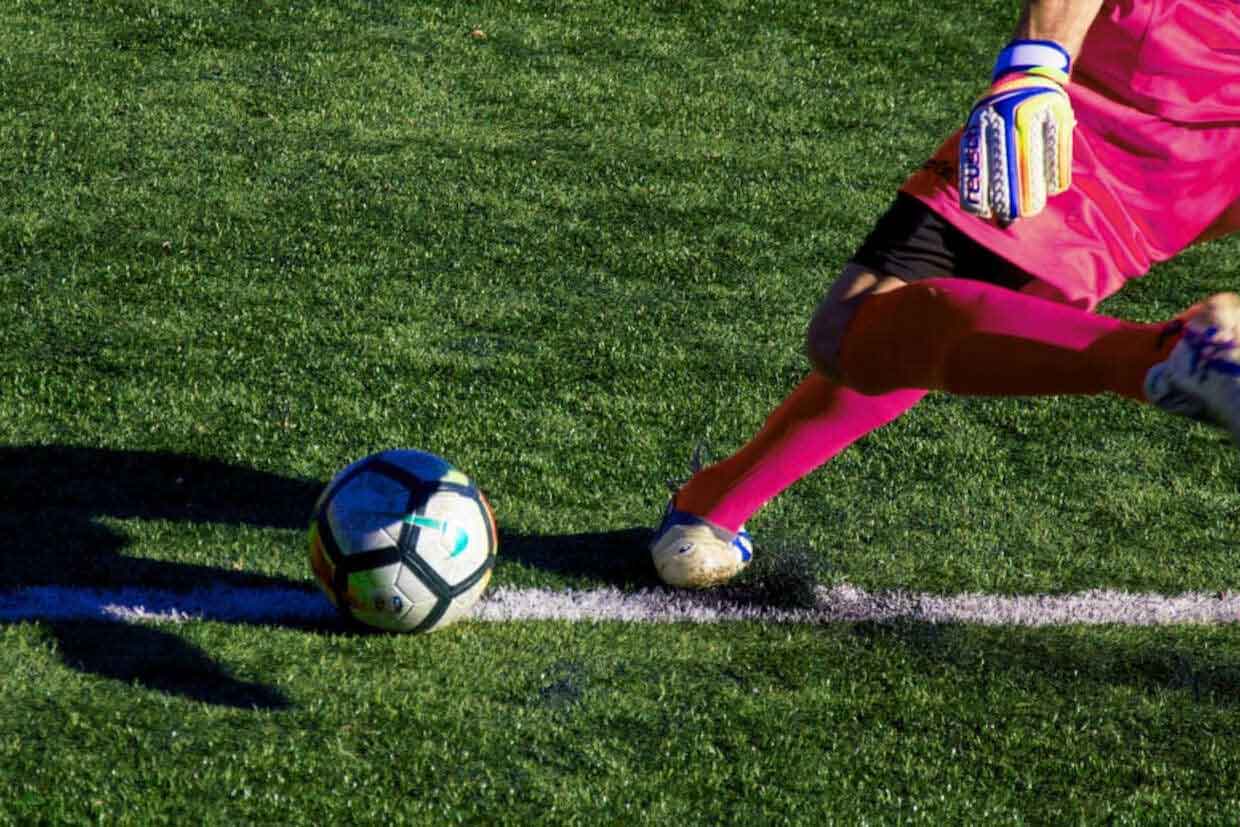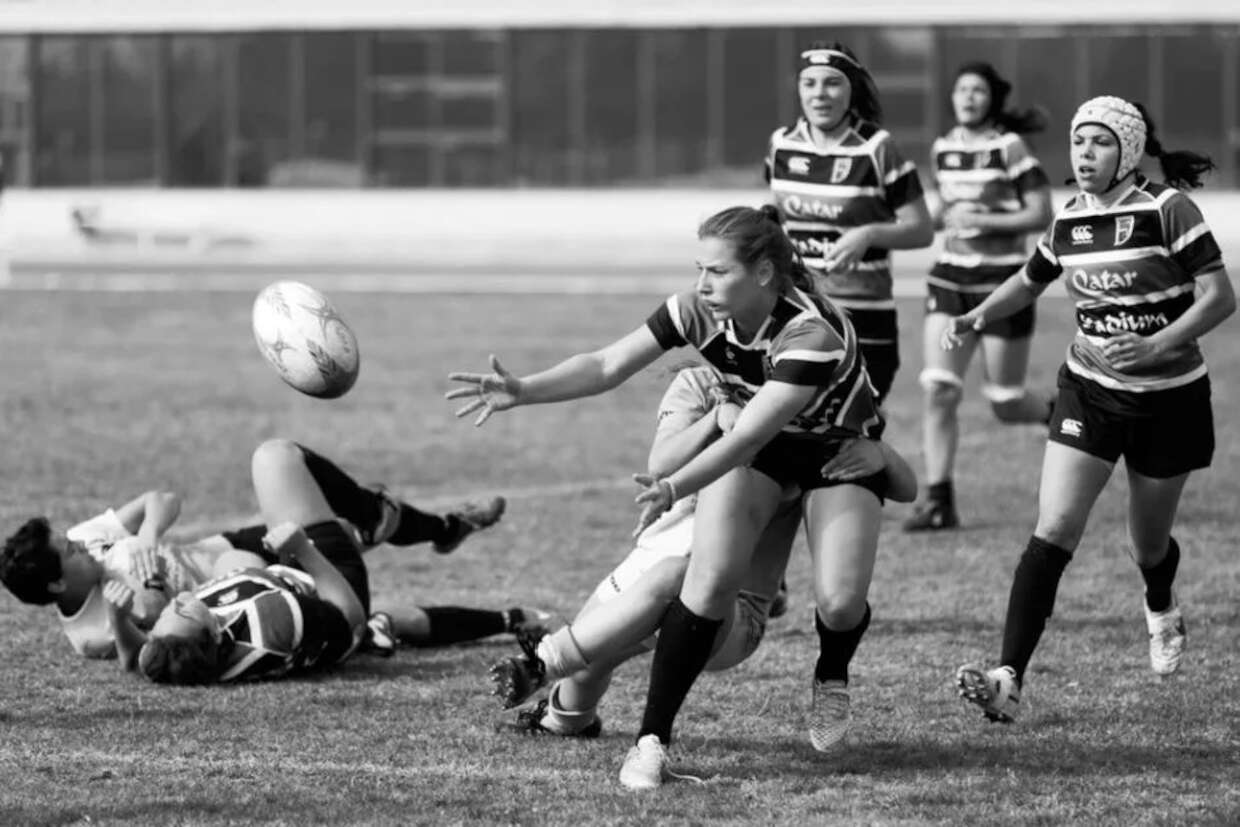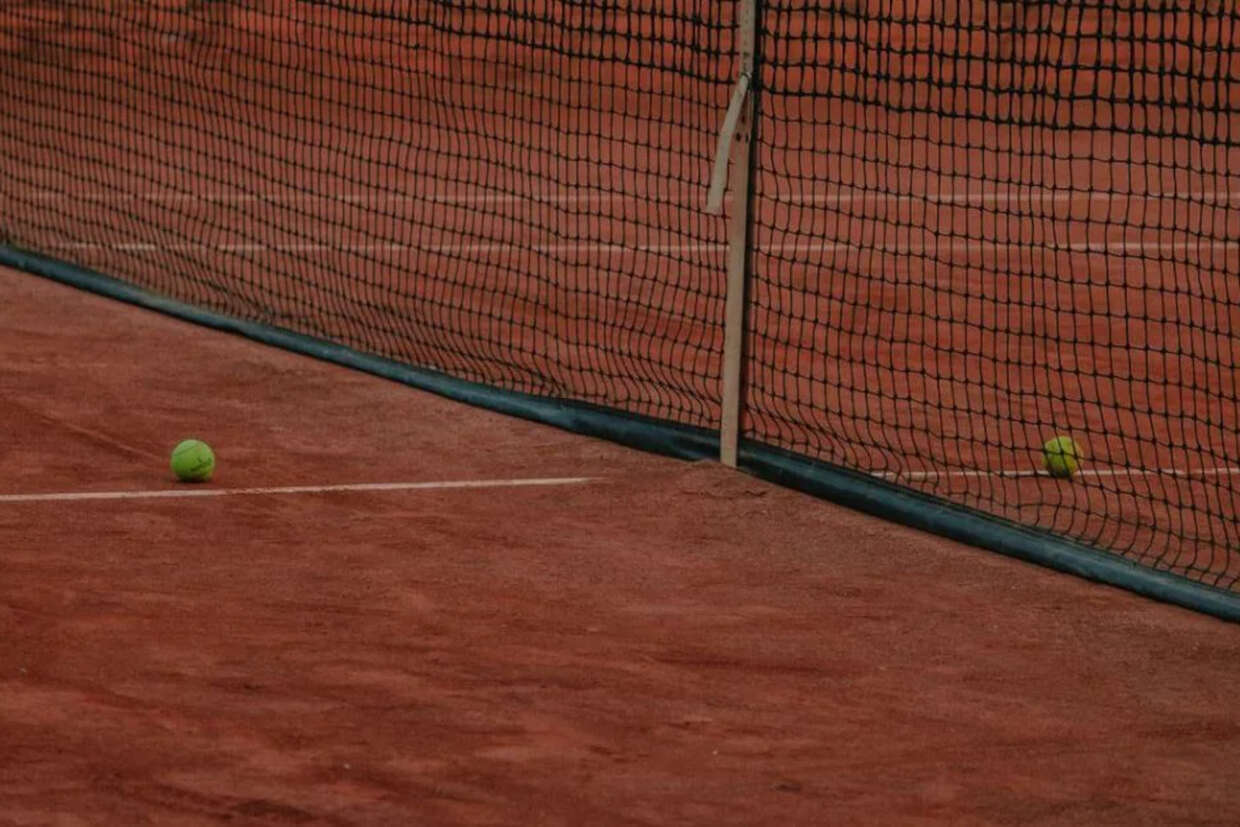While traditional sports such as football, rugby and cricket remain popular among UK audiences, in recent years, we have seen an increasing number of Brits gaining an interest in alternative or niche sports. Thanks to the internet it’s not uncommon for people to be fans of everything, from korfball to handball, and now there are more than 13 million NFL fans in the UK. Although, despite the internet informing Brits about these sports, unlike traditional sports that are regularly broadcast on free-to-air tv channels, fans of these more niche sports are often unable to actually watch the action. With such a large audience of niche sports fans ripe for the taking, ignoring this valuable market is a missed opportunity for broadcasters. So, how can UK broadcasters tap into the ready-made audiences for alternative sports and what will be the benefits of doing so?
Streaming sports
The way audiences consume and follow sports has changed dramatically with Google’s Sports Viewing Survey finding that 30% of sports fans have live streamed sporting events on their smartphones or tablets. This demonstrates that the traditional method of broadcasting sports on regular free-to-air channels is not the only option available to broadcasters and streaming sports could be the way to satisfy niche sports enthusiasts while continuing to offer the standard service on their main channels. In recent months, we have seen the BBC make use of this method by streaming the Korfball National League final on BBC iPlayer and extra Wimbledon coverage on its ‘red button’ feature. This has allowed the BBC to continue broadcasting its regular content for existing viewers, while also attracting fans of korfball, for example, to its online platform.
It’s not just national broadcasters who could benefit from this model, as shown by US-based streaming service FloSports, which has made streaming niche sports its USP and now streams up to 10,000 live sporting events a year. As a result, the platform has been able to market itself to the underserved who are looking to follow their local team, rather than a national club, for example. Streaming sporting events online would allow broadcasters to continue to serve mainstream audiences on their main channels, while also catering to niche sports audiences. Additionally, it may allow them to grow their audience base further by attracting viewers who have yet to hear of certain sports.
Developing a content platform
An alternative way to tap into the niche sports audience is through creating a bespoke content platform, something which the NFL has done successfully with ‘NFL Game Pass’. This is also an approach adopted by the International Table Tennis Federation (ITTF) after popularity increased and more than half a million viewers tuned in for table tennis events at the 2016 Olympic Games. In order to capitalise on this growing interest and make the most of the content it had accumulated over the years, the ITTF worked with Imagen to create a centralised video archive. Not only do content platforms allow organisations like the ITTF to share their content, but it also meant they can use footage to create marketing materials and increase awareness of the sport among both existing enthusiasts and new, younger audiences.
As viewing habits have changed, so too have the models adopted by broadcasters - we only have to look at the BBC and ITV joining forces to create the upcoming subscription service BritBox to see that. However, despite being a highly lucrative market, niche sports audiences have largely been ignored along the way. As competition increases among broadcasters and new streaming platforms emerge, broadcasters must begin to develop the offering to cater to this audience, with implementing an online content platform among the most effective approaches. With the internet continuing to introduce new UK audiences to niche sports and as society becomes ever-more multicultural, tapping into these audiences at this stage will provide broadcasters with the opportunity to increase their scope and reap the rewards of having an entirely new audience at its disposal.




